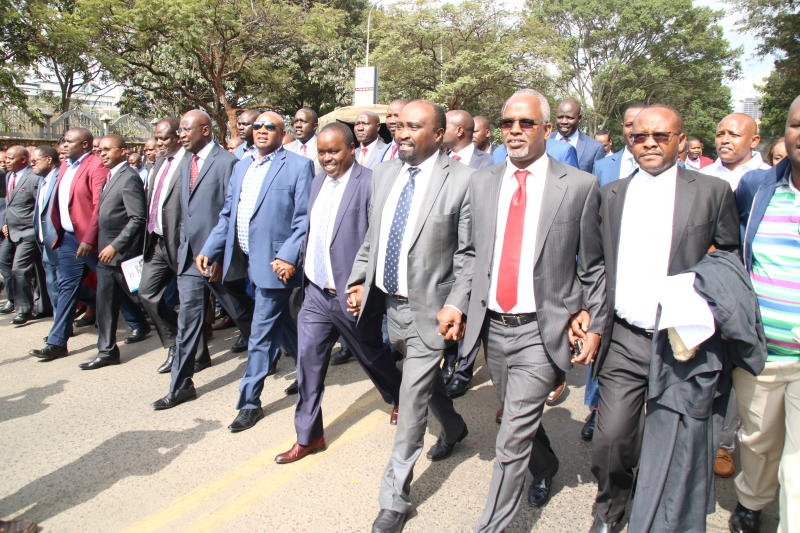×
The Standard e-Paper
Join Thousands Daily

Governors have blamed President Uhuru Kenyatta for what they term as manipulation of the National Assembly to stifle devolution.
They say it was wrong for the president to sign the appropriation Bill into law when the National Assembly and the Senate had not agreed on county revenue sharing.